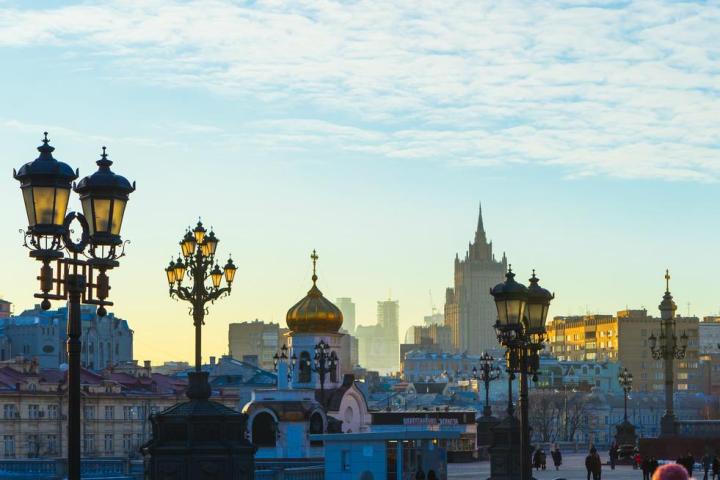
Police claim that the online archive contains extremist content, though it was blacklisted under legislation initially conceived to prohibit minors from accessing pornography and sexual abuse sites as well as web pages describing illegal drug use and suicide. The order was originally made to ban a single web page, entitled “Solitary Jihad in Russia,” a brief text detailing the “theory and practice of partisan resistance.”
Related: Do you really want complete digital privacy?
As a result of the Internet Archive’s use of HTTPS, Internet service providers in Russia are not able to single out and ban one particular page on the site as the encryption makes it impossible to differentiate between disparate web addresses from the same parent domain. Ignoring government orders, some ISPs have gone on to block Archive.org in its entirety. With more and more sites defaulting to secure protocol, this restriction may prove problematic for countries trying to suppress access to specific content found across the web.
Similar to other online cache services, such as those offered by Google and Yandex, the Wayback Machine allows users to capture specified web pages in their present states to be saved for future reference. This demonstrates its usefulness mainly in the case of websites that are modified or taken down over time, a feature unique to the Internet Archive.
The increasingly restrictive censorship laws in Russia have caused a number of conflicts between the Federation and American tech companies. Just last month, authoritative powers in Russia threatened to fine Facebook, Google, and Twitter after they failed to ascribe to the country’s “bloggers law,” a legislation employed in 2014 that required account proprietors with over 3,000 daily visitors to register with the Russian regime. The government then proceeded to caution the American networks, urging them to remove “information containing calls to participate in mass rioting, extremist activities” at the risk of being blacklisted.


